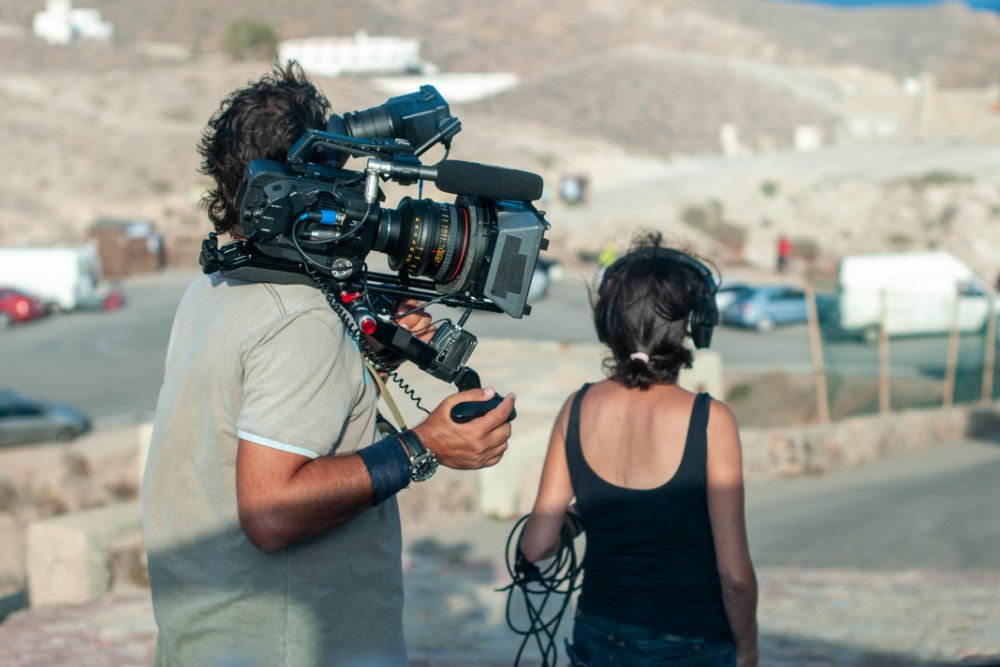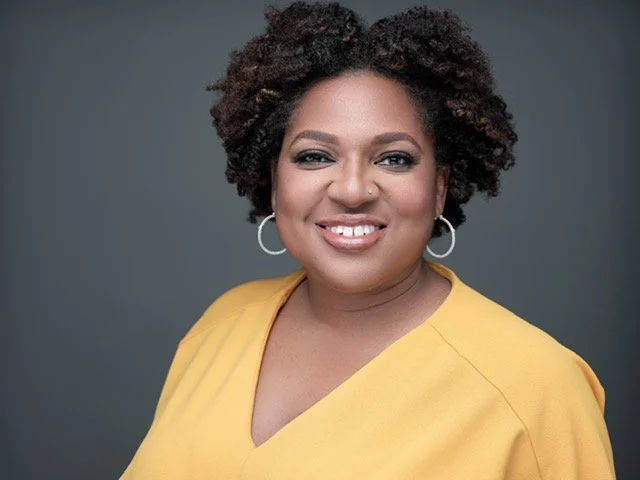"Somebody Has to Stand Up." A Few Takeaways From a Big Journalism Give
/Mardre/shutterstock
One of the precepts of higher ed giving stipulates that a "mega-gift"—broadly defined as one totaling at least $20 million—is often preceded by a series of smaller gifts.
After handing out gifts hovering around $1 million to various journalism outlets over the past few years, Craigslist founder Craig Newmark's $20 million gift to the City of New York (CUNY) Graduate School of Journalism certainly fits into this framework.
And make no mistake: The startling jump in funding is newsworthy in and of itself. Overnight, Newmark has gone from nibbling at the figurative edges in his fight against disinformation to a mega-giver in a journalism space that's been steadily attracting more deep-pocketed funders, including individuals like Pierre Omidyar and institutional funders like the Hewlett Foundation, which recently allocated $10 million to tackle digital disinformation.
Not coincidentally, these larger gifts are flowing at time in which donor consensus has begun to form around how to practically combat disinformation, or "fake news" (a less favored term), and build greater trust in journalism.
To that end, Newmark's gift underscores the belief that while there's a place for creative disruption in the field—think of the Knight Foundation's support for data analytics, "machine learning," and "citizen hackers"—the best way to advance public discourse is through the traditional university journalism education model.
"At a time of rapid digital innovation, eroding public trust in news, and increased governmental oversight, it is imperative that we build a sustainable future for journalism," Newmark said. "The CUNY Graduate School of Journalism is committed to producing skilled, ethically minded, and diverse journalists."
The gift will enable the school to recruit additional faculty, develop innovative programs, and pursue activities that support greater trust in journalism. Newmark will have no role in determining how the school spends the money.
With the occasional exception, most mega-gifts don't appear out of nowhere, and Newmark has been telegraphing his intentions for some time. Therefore, I'd like to step back and review some of Newmark's previous gifts against the backdrop of a journalism space where, as recently as two years ago, the fight against disinformation wasn't on most donors' radars.
In 2016, Newmark gave CUNY's journalism school $10,000 to support Electionland, a cooperative venture for major news organizations and student journalists to identify possible voting fraud during the presidential election. In February 2017, he tacked on $1.5 million for a research grant, a donation that helped the school raise an additional $14 million.
He has also given $1 million to the research institute Data & Society and over $560,000 to the International Center for Journalists.
In December of 2016, the Craig Newmark Foundation gave $1 million to the St. Petersburg, Florida-based Poynter Institute to support a five-year program to focus on "verification, fact-checking and accountability in journalism." "I want to stand up for trustworthy journalism, and I want to stand against deceptive and fake news," he said. "And I want to help news organizations stand and work together to protect themselves and the public against deception by the fake media."
Newmark struck again a few months later, announcing a $1 million grant to ProPublica. Then in April of last year, the Craig Newmark Philanthropic Fund, along with Facebook, Ford Foundation, Democracy Fund, and the John S. and James L. Knight Foundation, funded the $14 million News Integrity Initiative (NII), a global consortium that works "to foster informed and engaged communities, combat media manipulation, and support inclusive, constructive, and respectful civic discourse."
Remember: the fight against disinformation is a relatively new one. Were donors concerned about it prior to November 2016? Sure, and Craig Newmark, as evidenced in his support for CUNY's Electionland, was one of them. But the need to combat digital disinformation truly reached critical mass across the donor community in the aftermath of a contentious and unprecedented election.
Less clear was where to start in attacking this problem. The Knight Foundation—arguably the most innovative and forward-looking journalism funder of them all—went so far as to launch an open call for ideas around the question "How might we improve the flow of accurate information?"
Newmark, who started attending journalism conferences 10 years ago, said in announcing his gift to ProPublica last year, "I've been supporting and talking about the need for trustworthy journalism for years, but now there's a new normal in journalism. It's a media environment where really nasty gossip, lies and deception have the business advantage, and where a lot of traditional news organizations are on the ropes. So we need to redouble our efforts to support the good guys."
In the intervening months, organizations have proposed dozens of solutions to restore trust and combat disinformation, raising a series of vexing strategic and operational questions in the process. Should outlets focus primarily on technical fixes like fine-tuning algorithms? Should they rely on human intuition and judgment to vet the bad stuff? Should they educate news consumers? All of the above? And perhaps most importantly, would donors even go along with this strategy?
Looking back, it makes sense that Newmark's previous gifts were in the $1 million range. He, along with many other concerned funders, were still getting a lay of the land. This is why the New Integrity Initiative's charter, supported by journalism's most deep-pocketed proponents, was—and is—so important.
The initiative has, among other things, partnered with the University of Florida on a project to boost news literacy and expanded its Media Manipulation Initiative thanks to support from—you guessed it—Craig Newmark Philanthropies.
All of which brings me back to some of the other ingredients that contributed to Newmark's mega-gift "perfect storm."
As his previous support to journalism outlets makes clear, Newmark adhered to the tenet that big gifts are often preceded by smaller ones. In the case of his support for CUNY, Newmark made the leap from $1.5 million and change to $20 million within two years.
Not surprisingly, mega-gifts also come from donors who are mega-wealthy, and Forbes recently pegged Newmark's net worth at $1.3 billion. It's fair to say his $20 million give to CUNY is probably just the tip of the iceberg.
Mega-donors also usually have a clear relationship with the recipient institution. Here Newmark bent the rules slightly—while he graduated from Case Western University, he was drawn to CUNY's commitment to diversity and financial assistance. "You could say that they are the university for everyone," he said. “They were helping out people who, like me, really need a lot of scholarship help."
But again, Newmark does have a relationship with CUNY as a founding funder of its News Integrity Initiative and supporter for its Media Manipulation Initiative. And donors sleep better at night knowing that their mega-gift is going to an institution with the requisite infrastructure in place to address a problem.
I'd also be remiss if I didn't mention the theory, recently posited in the New York Times, which hinted that Newmark's support for journsm springs from a deep reservoir of guilt.
According to a 2012 study by Robert Seamans, an associate professor at New York University’s Stern School of Business, and Feng Zhu, an associate professor at Harvard Business School, newspapers lost about $5 billion in classified advertising revenue to Craigslist from 2000 to 2007. A portion of that ended up in Craig Newmark's bank account as journalists experienced layoffs across the nation.
Newmark said his gift to CUNY wasn't driven by some subconscious need to make amends for decimating an entire industry. "My motivation in helping is because, in our country right now, we are facing a crisis in getting trustworthy news out there to overwhelm the misinformation."
"In this time when trustworthy news is under attack, somebody has to stand up. And the way you stand up these days is by putting your money where your mouth is, and that's what I’ve done."







































